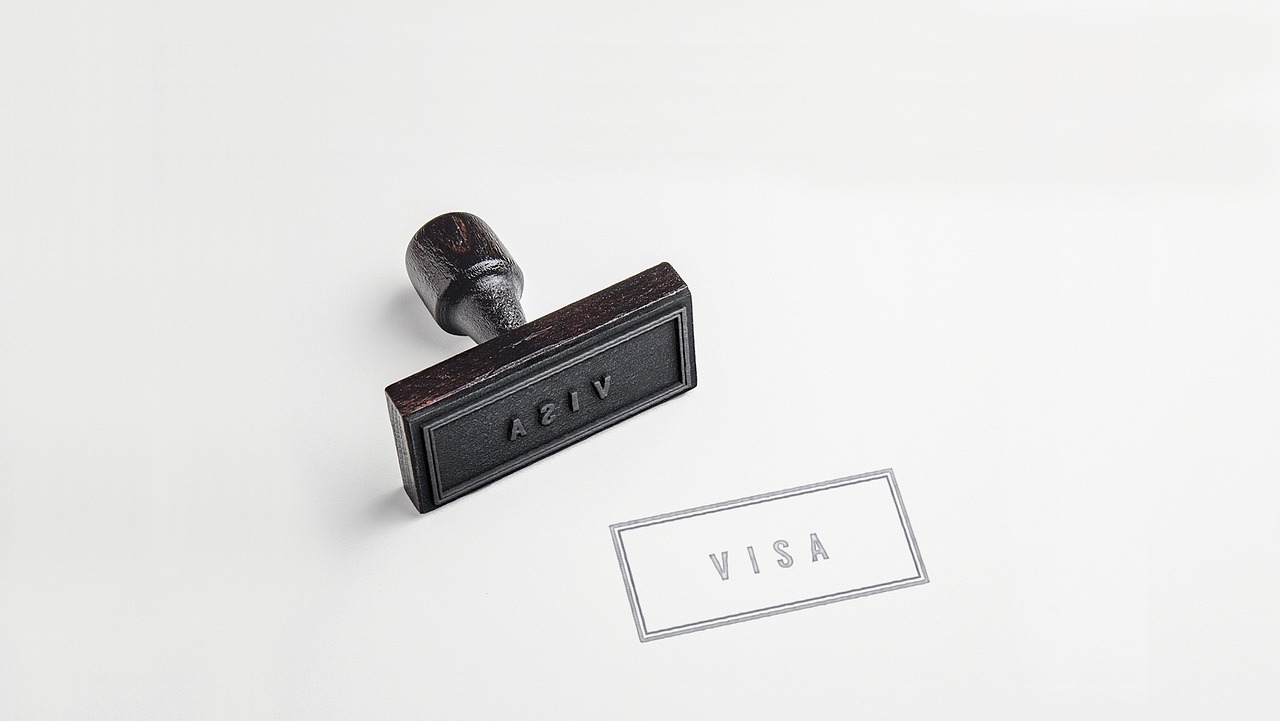Step-By-Step Guide to Getting a Work Permit in the UAE
Securing a work permit in the UAE is a straightforward process when you understand the required steps. For expatriates looking to work in the UAE, both employers and employees must fulfill certain regulatory requirements to ensure legal employment. In this blog, we outline the entire process, from visa approval to finalizing work permits.
1. Visa Approval
The first step involves the employer applying to the Ministry of Labour for an entry visa. This typically takes four to five days. If the employee is entering a free zone, the visa must be secured before their arrival. Employers play a crucial role in this stage to facilitate a smooth entry for foreign workers.
2. Job Contract and Signature
Once the visa is secured, the employer must send the job contract for the employee’s signature. After it’s signed, the employer submits it to the Ministry of Labour. The contract is usually prepared in English, Arabic, and an additional language if needed, taking about two days.
3. Work Permit Approval
The Ministry of Labour reviews if a UAE national can fulfill the position before granting a work permit. They also ensure that the employer is registered in the UAE. This process usually takes between three and five days.
4. Employment Entry Visa
Once the work permit is approved, the Ministry of Labour issues an entry visa, valid for 60 days. This gives the employee enough time to finalize their work permit. The employee can either collect the visa upon arrival at the airport or apply for a visa change status if already in the UAE.
5. Medical Screening and Emirates ID
As part of the formalities, the employee undergoes medical screening and biometric data collection for their Emirates ID. The results of the medical tests, along with the signed job contract, are then submitted to the Ministry of Labour. The Emirates ID is a vital document that allows the expat to complete tasks such as opening a bank account and vehicle registration.
6. Health Insurance and Final Work Permit
One of the most critical steps is ensuring that the expatriate has valid health insurance, as required by UAE law. Without it, the Ministry of Labour will not issue a work permit. The final work permit approval usually takes about five days.
7. Seamless Integration of Expats
The UAE offers one of the most efficient systems for integrating expat workers. Employers and employees must work together to meet regulatory requirements and complete all necessary steps, from visa approval to obtaining a work permit.
For more information on job opportunities, check our career page. Stay connected with us on LinkedIn.
Share this post.
Our Latest Blogs
- The Ultimate Guide to Effective Recruitment: Strategies and Best Practices
- The Role of AI in Modern Recruitment: Trends and Best Practices
- Navigating Remote Work Challenges: Strategies for Success
- Mastering Your Job Search: Essential Tips for Career Success
- Navigating Career Advancement: Key Strategies for Success in 2024
- The Power of Soft Skills: Enhancing Your Career Prospects













